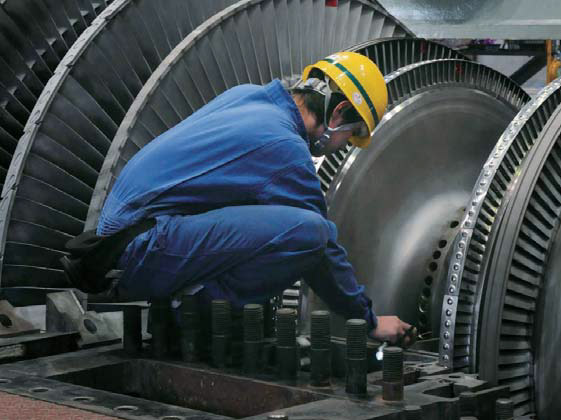Course Details
Your Growth, Our Mission

Course Description
The Training Course Will Highlight ?
The main features of the course will be:
- Well Testing Objectives
- Surface Well Testing
- Testing Data Acquisition
- Fluid Sampling and Analysis
- Drill-Stem Testing
- Subsea Landing String Systems
- Basics of Well Testing Interpretation
Training Objective
By the end of this course delegates will be able to:
- Locate the reasons for performing well test.
- Gain a thorough understanding of well testing operations.
- Know different types of equipment used in well testing operations.
- Know the different types of well test.
- Obtain advanced knowledge about surface & down hole well testing equipment description and operation.
- Define the surface equipment functional requirements for well testing.
- Specify the requirements for a well test program including safety.
- Describe the function and operation of well test tools.
- How to carry out the appropriate selection and positioning of gauges.
- Acquire knowledge about reservoir understanding and reservoir concepts.
- Specify the requirements for a well test program including safety.
- Describe the function and operation of well test tools.
- How to perform flow rate calculations.
- Understand how well test planning is performed.
- Learn how to conduct a well test.
- How to follow agreed safety guide lines on surface pressure testing ESD.
- How to carry out the appropriate selection and positioning of gauges.
Target Audience
Reservoir Engineers, Senior Reservoir Engineers, Well Testers I, Well Testers II, Production Engineers, Petroleum Engineers, Production Supervisors, Geoscientists, Drilling Engineers and other disciplines engineers who want to understand well testing and interpretation techniques to design, analyze report, evaluate results or intelligently participate in the well testing process.
Training Methods
This interactive Training will be highly interactive, with opportunities to advance your opinions and ideas and will include;
- Lectures
- Workshop & Work Presentation
- Case Studies and Practical Exercise
- Videos and General Discussions
Daily Agenda
- Well testing general introduction
- Objectives of a well test operation
- Impact on the design and equipment of the well test
- Evolution of equipment and operations
- Needs, requirements and results expected from a well test.
- Surface Well Testing (SWT).
- · SWT equipment, purpose, benefits, limitations, rig lay-out.
- · Operation of a 3-phase separator.
- · Choke manifold.
- · Tanks.
- · Testing Data Acquisition (TDA).
- · Fluid Sampling and Analysis (FSA).
- · TDA and FSA.
- · Down-hole and surface equipment and specifications.
- · Downhole gauges.
- · Fluid sample carriers.
- · Acquisition systems.
- · TDA and FSA.
- · Set-up and acquisition of well testing data.
- · Drill-Stem Testing (DST).
- · DST down-hole equipment.
- · String design and diagrams.
- · Packers.
- · Safety joints
- · Hydraulic jars
- · Tester valves
- · Circulation valves
- · Safety valves
- · DST tool preparation and operation
- · Subsea Landing String Systems (SLSS)
- · Safety considerations
- · Tool space-out
- · Impact on bop operations
- · SLSS preparation and test SenTREE and retainer valve
- · Basics of well testing interpretation
Accreditation
BTS attendance certificate will be issued to all attendees completing minimum of 80% of the total course duration.
Quick Enquiry
Request Info
Related Courses
Your Growth, Our Mission

